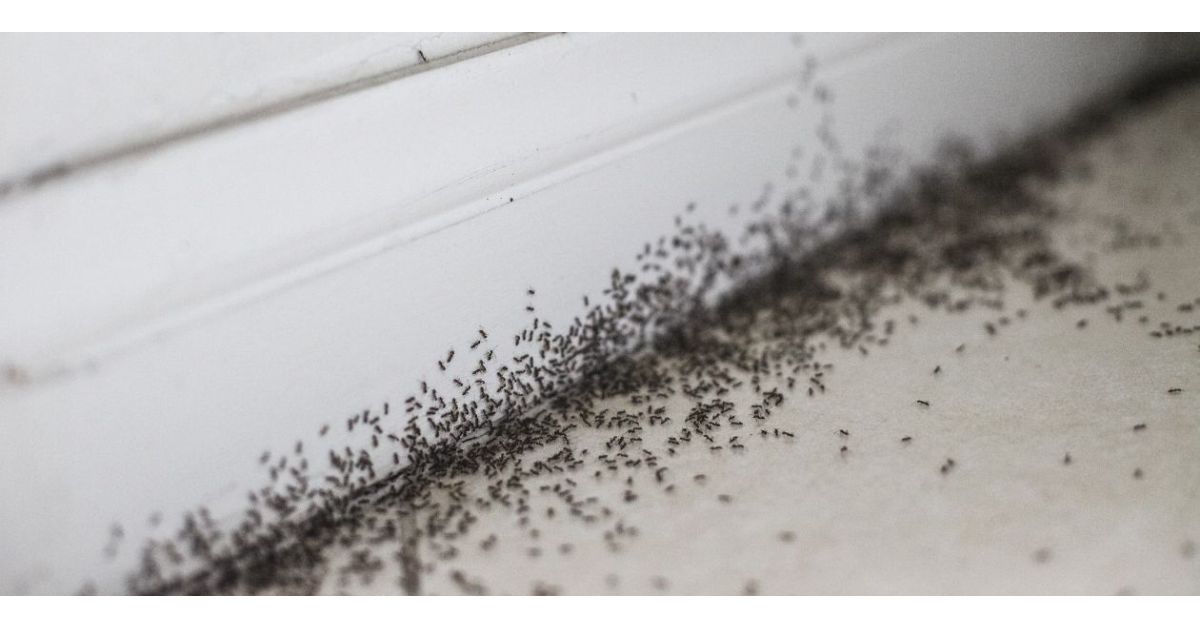Learn How To Identify Ants In Your Home
If you have been seeing ants in your home, you may be wondering how to identify them. There are many species of ants in the US, and each one has its own unique characteristics.
This blog post will explore how to identify the most common ant species that invade homes. We will start by describing the signs of an ant infestation.
Once you have determined that you have an ant problem, it is important to identify the species so that you can treat the problem correctly. You may also find our ant identification chart helpful. Let's get started!
Why You May Have An Ant Infestation In Your Home
Have you ever found an ant in your home and wondered where it came from? You may be surprised to find out that ants often enter homes searching for food. Foraging for food is one of the main reasons why ants live in colonies. By working together, ants can find more food, which they bring back to their nests.
One reason why you may have an ant infestation is that there is a food source near your home. Ants are quickly attracted to sugary foods like candy and syrup, as well as proteins like peanut butter. If you have any of these foods around, ants will likely be drawn to your home.
Another reason for an ant infestation is the weather. During hot, dry weather, ants will often come indoors in search of water. Finally, if an ant colony is nearby, ants may simply be exploring new territory.
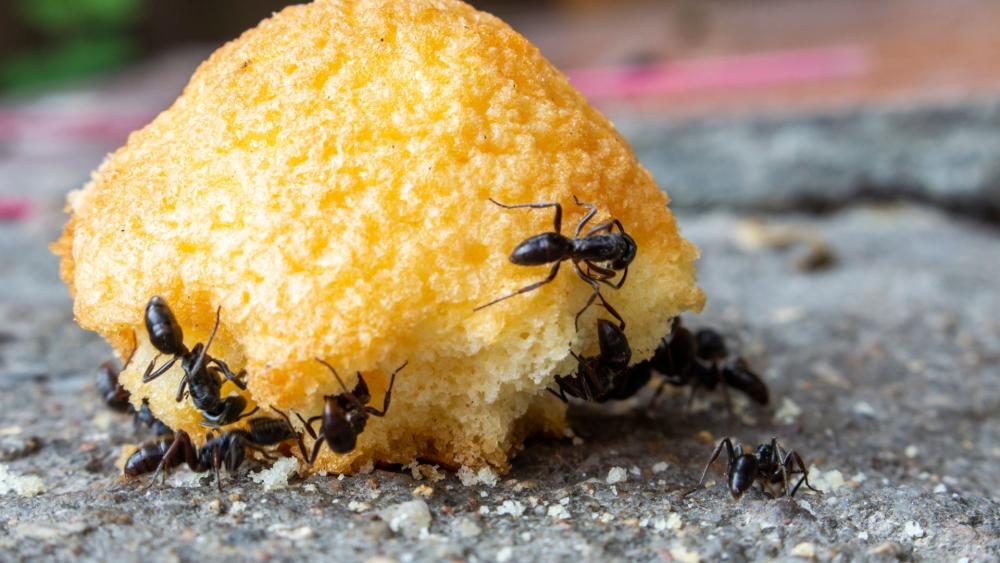
Ants are particularly attracted to sweet and greasy foods, so it’s crucial you keep them sealed away in an airtight container.
How Do I Know What Kind Of Ants I Have?
Now that you know why ants may be in your home, it is time to identify the ant species. There are many species and types of ants, but some are more common than others. Additionally, some ants are more prevalent in certain climates or regions within the United States. Here are a few of the most common ant species to search for around your home or property:
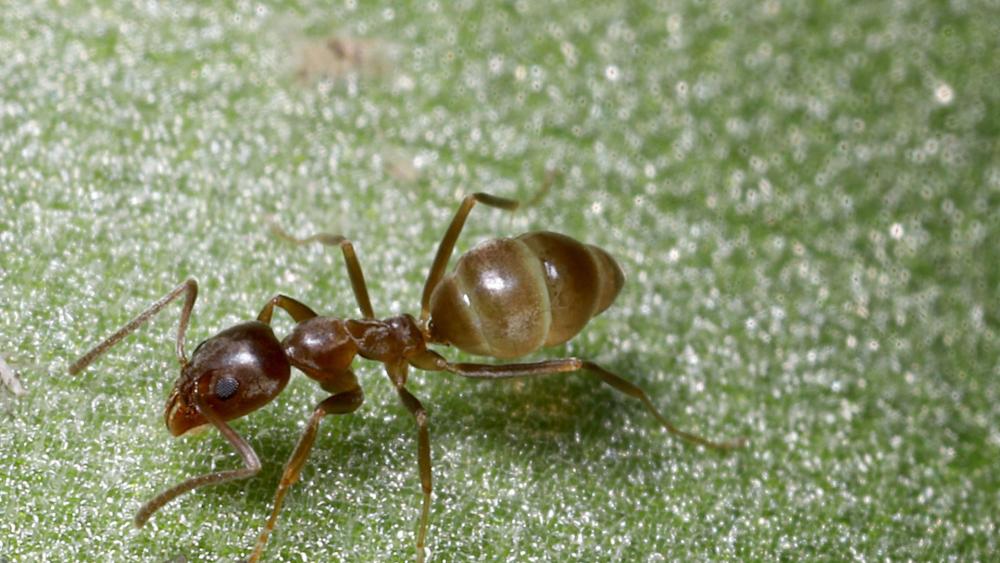
- Argentine Ants: These ants are small and light brown in color. They are commonly found near easy-to-access water sources, such as sinks and showers. Argentine ants feature long, cricket-like legs and have long antennae.
If you crush them, they tend to have a musty odor. You'll see them traveling in wide long trails and up in trees and buildings, hunting for food sources.
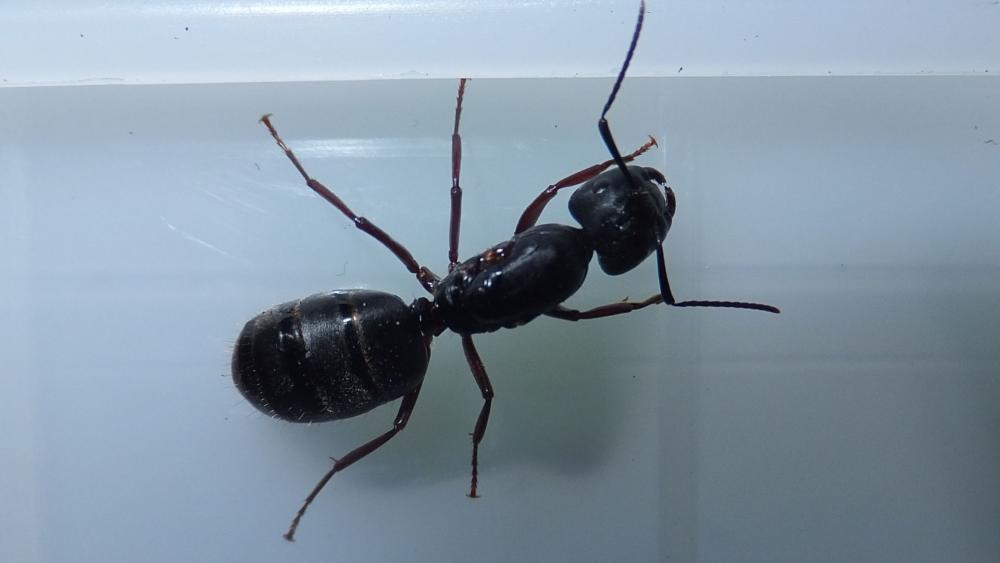
- Carpenter Ants: These ants are black or brown in color and range from 1/4 to 1/2 an inch in size. They get their name from their wood carving habits. Carpenter ants build their nests by tunneling into wood. If you have carpenter ants in your home, you may be able to hear them chewing on wood. Carpenter ants also leave sawdust behind, which can be another sign of their presence.
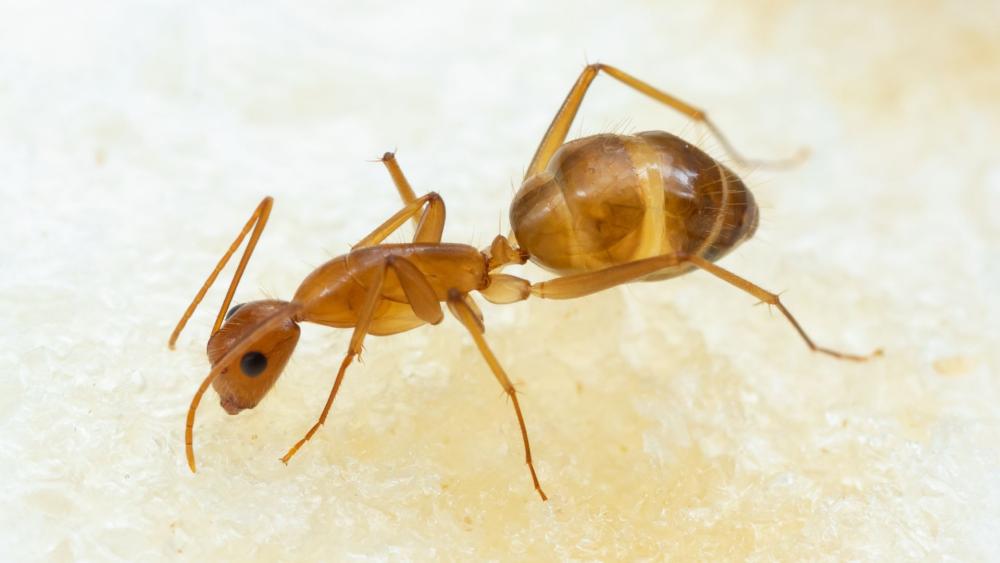
- Crazy Ants: Crazy ants are known for their erratic movements. They are small in size, ranging from 1/4 to 3/8 an inch long. Crazy ants are dark brown or black and have very long legs. You're likely to spot large numbers of these ants indoors near windows and doors.
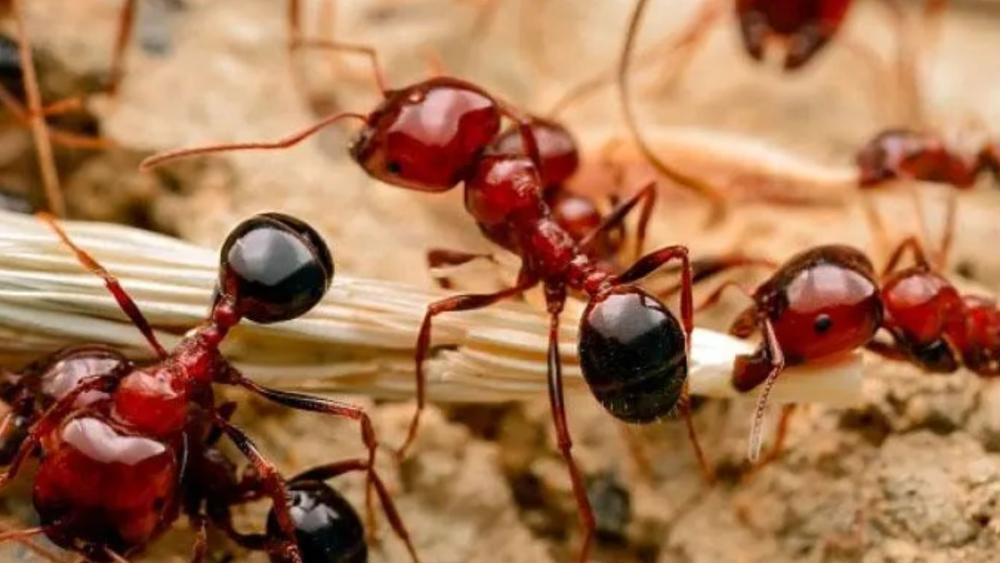
- Fire Ants: Fire ants (sometimes called red imported fire ants) are a type of stinging ant. They range in size from ⅛ to ½ an inch and are red or black in color. If you have fire ants in your home, you may be able to see their nests outdoors.
These nests are large mounds of dirt reaching up to 18 inches tall. If you disturb a fire ant nest, the ants will swarm and inflict painful stings to anything nearby, including people and animals.
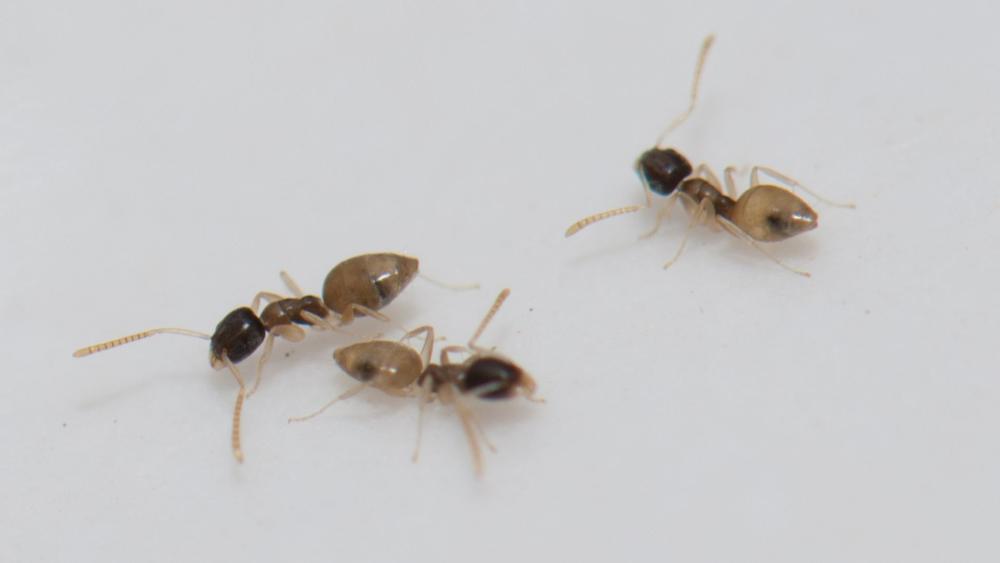
- Ghost Ants: As the name suggests, ghost ants are tiny and hard to see. They are roughly 1/16 of an inch and are pale white or light brown in color. Ghost ants often build their nests indoors, making them difficult to spot. When crushed, ghost ants will give off a rotten coconut smell.
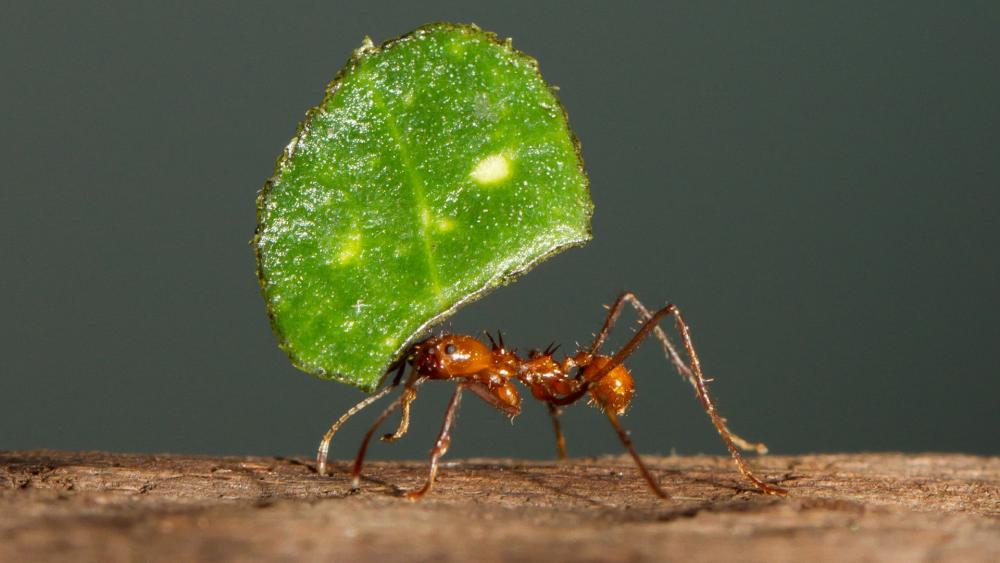
- Leaf Cutter Ants: As the name suggests, leaf cutter ants are known for their habit of cutting leaves. These leaves are then used to grow fungus, which the ants eat. Leaf cutter ants are red or black and can be up to 1/2 an inch long. You're likely to see these ants outdoors in gardens or near trees.
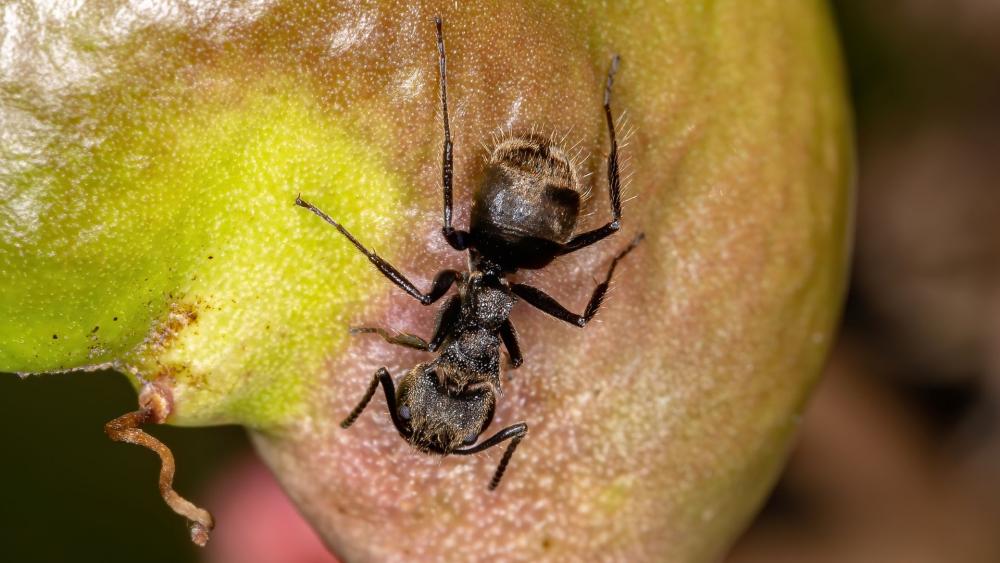
- Odorous House Ants: These ants get their name because they produce a foul odor when crushed. They are small, dark brown or black ants roughly 1/8 of an inch long. Odorous house ants often build their nests in wall voids near heat sources like pipes and heaters. You can find them outside in exposed soil, often under boards, bricks, and stone walks.
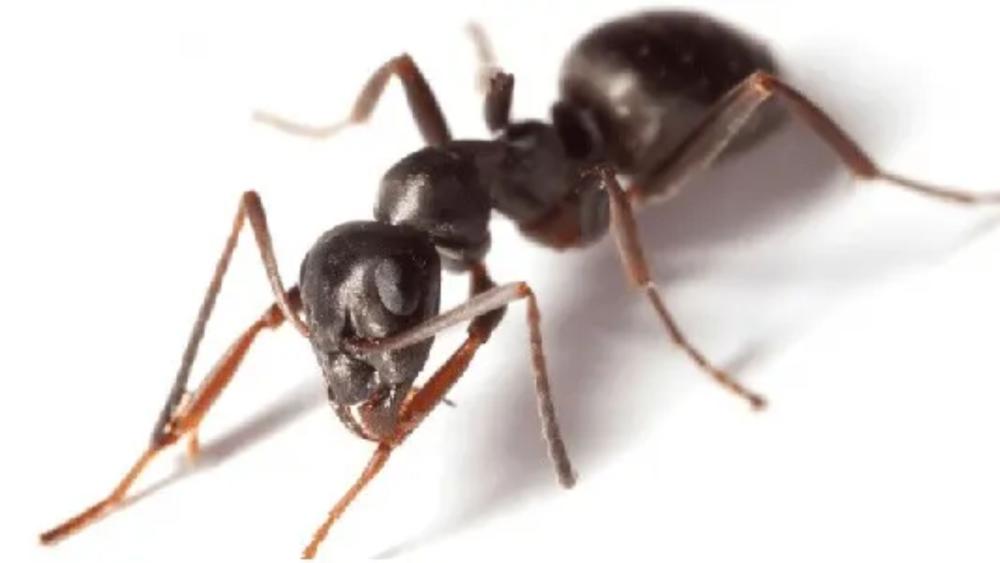
- Pavement Ants: As their name suggests, pavement ants are often found near sidewalks and driveways. They get their name from their habit of traveling and building their nests in cracks in the pavement. Pavement ants are black or brown and range from 1/16 to 1/8 an inch in size. If you have these persistent ants in your home, you may be able to find them entering through cracks in concrete slabs or other small openings.
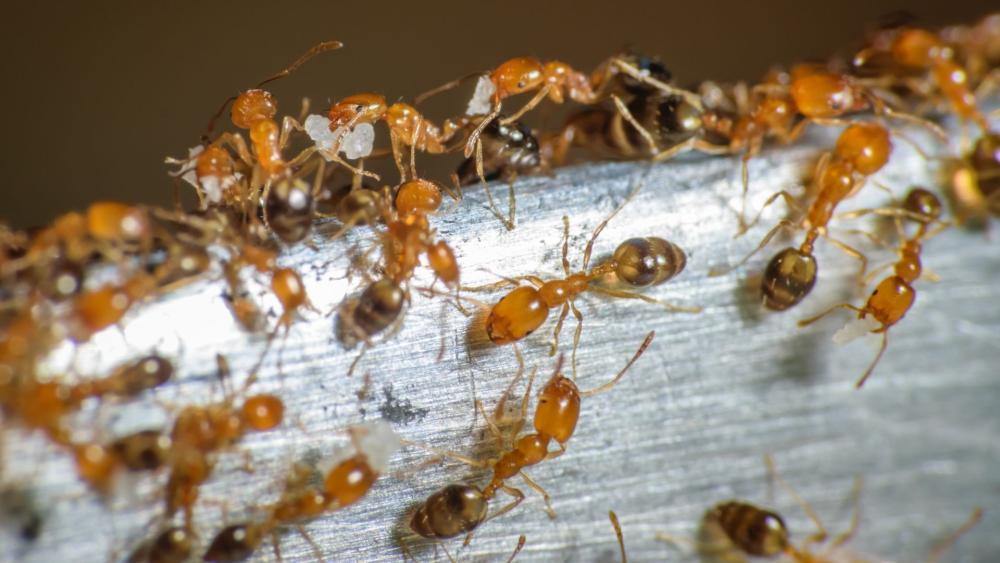
- Pharaoh Ants: Pharaoh ants are small, light brown ants that are roughly 1/16 of an inch long. Typically found in the southern United States, people often spot them inside their homes in wall voids or under carpets and appliances. They vary in color but are usually light yellow to red with a black-striped abdomen.
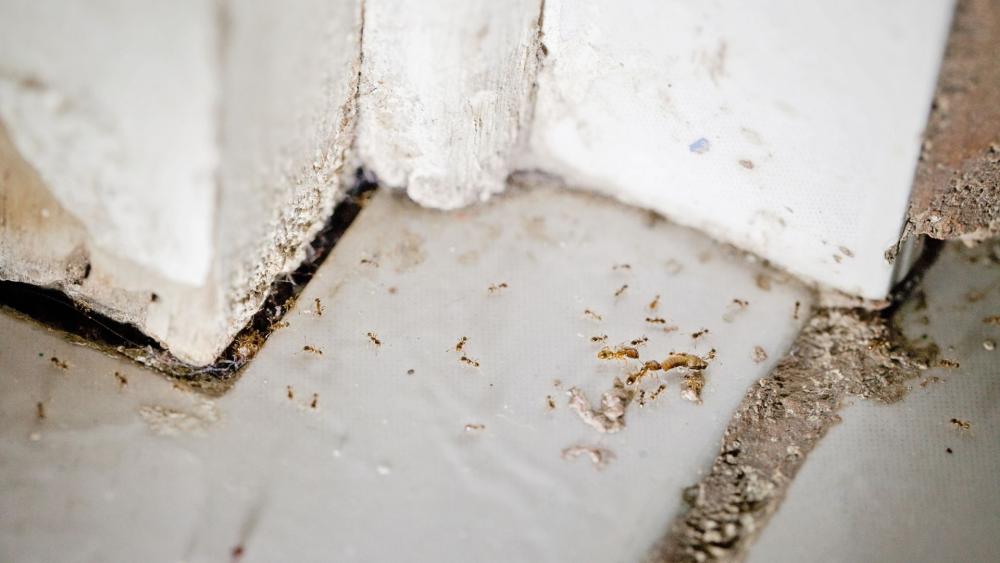
If you’re noticing ants swarming around your house, chances are they’ve found a reliable food source and are bringing it back to their colony.
Need Additional Help With Ant Identification?
Do-It-Yourself Pest Control has a variety of ant control products to help you get rid of the ants in your home. From treating carpenter ants to controlling red imported fire ants, we have pest control products perfectly tailored to each species.
We also have a trained staff of ant control experts that can help you identify the type of ant infesting your home. We'll also help you develop your own treatment plan to eliminate them. Give us a call or shop online to find the right ant control product for your needs!




